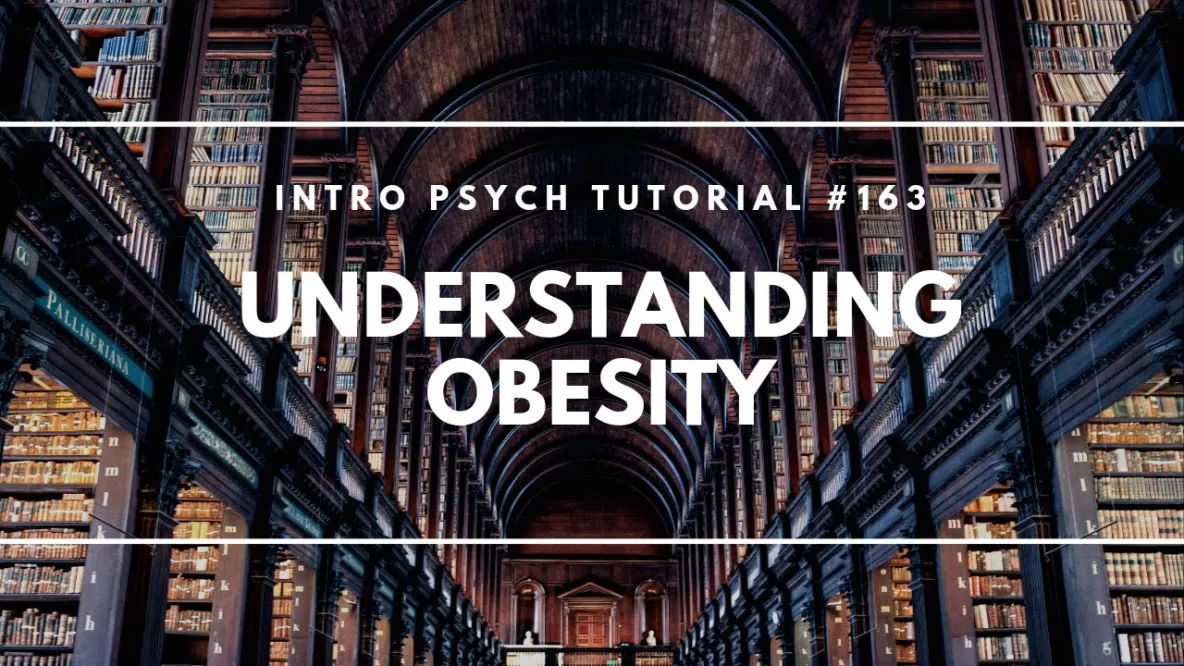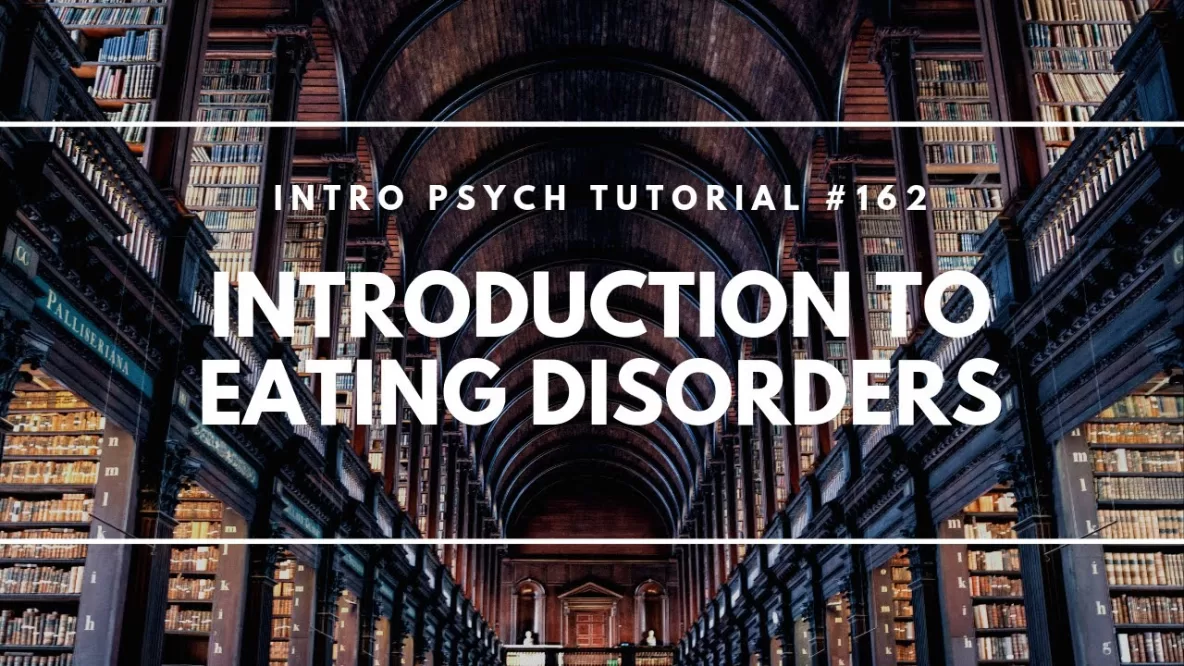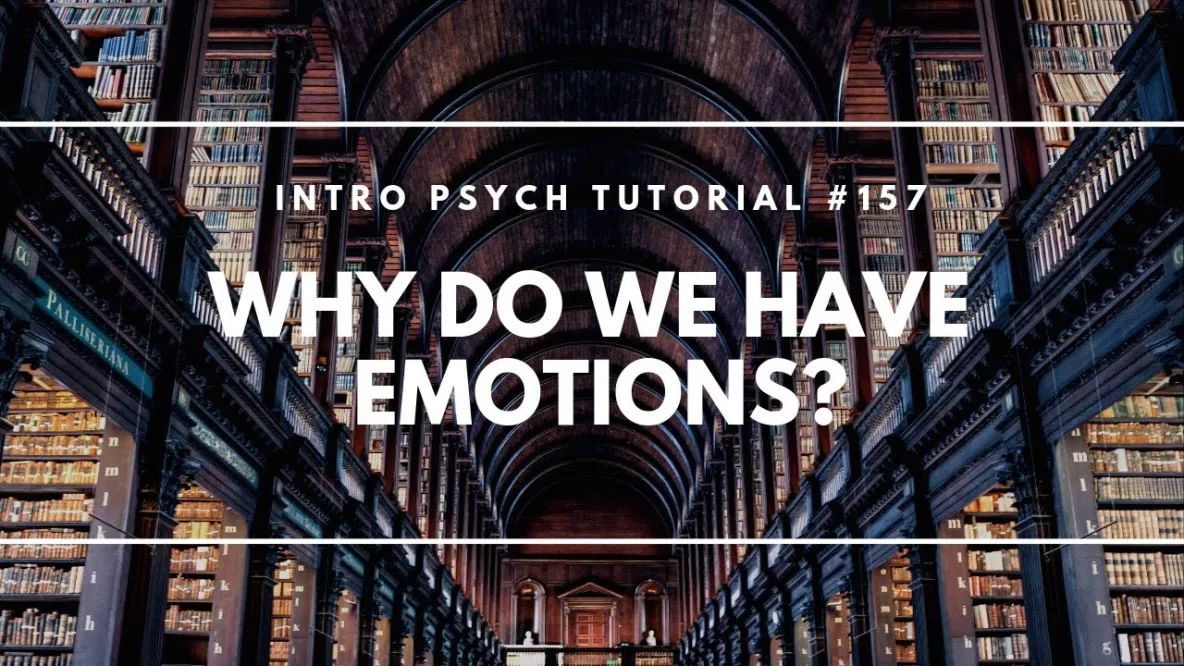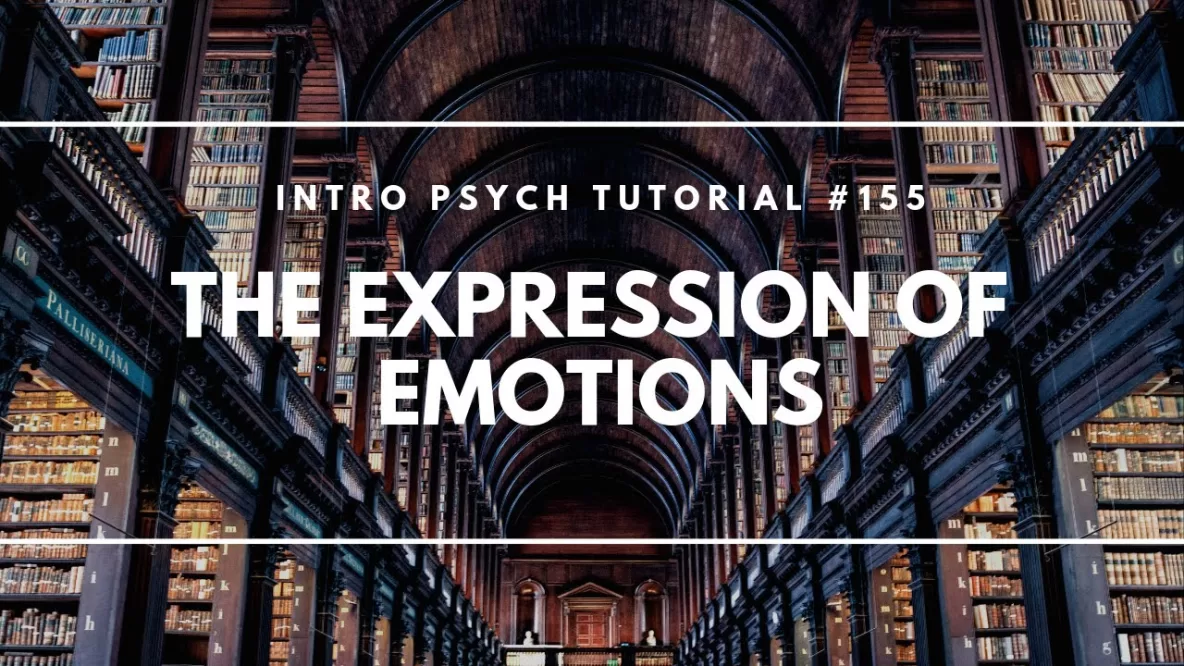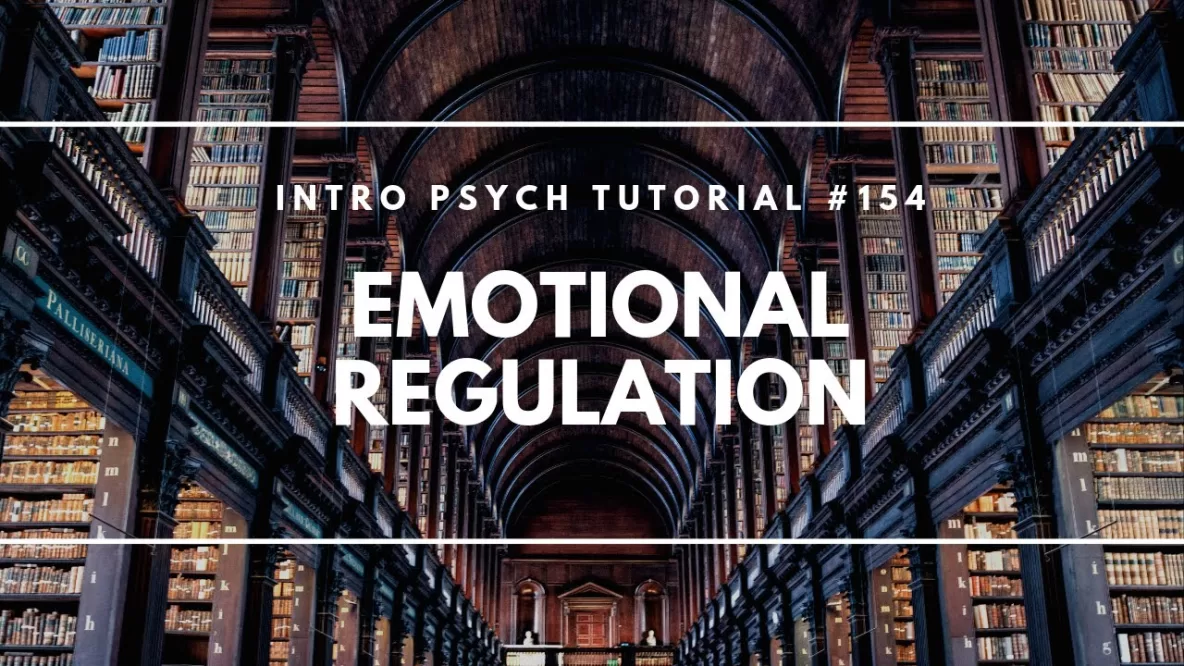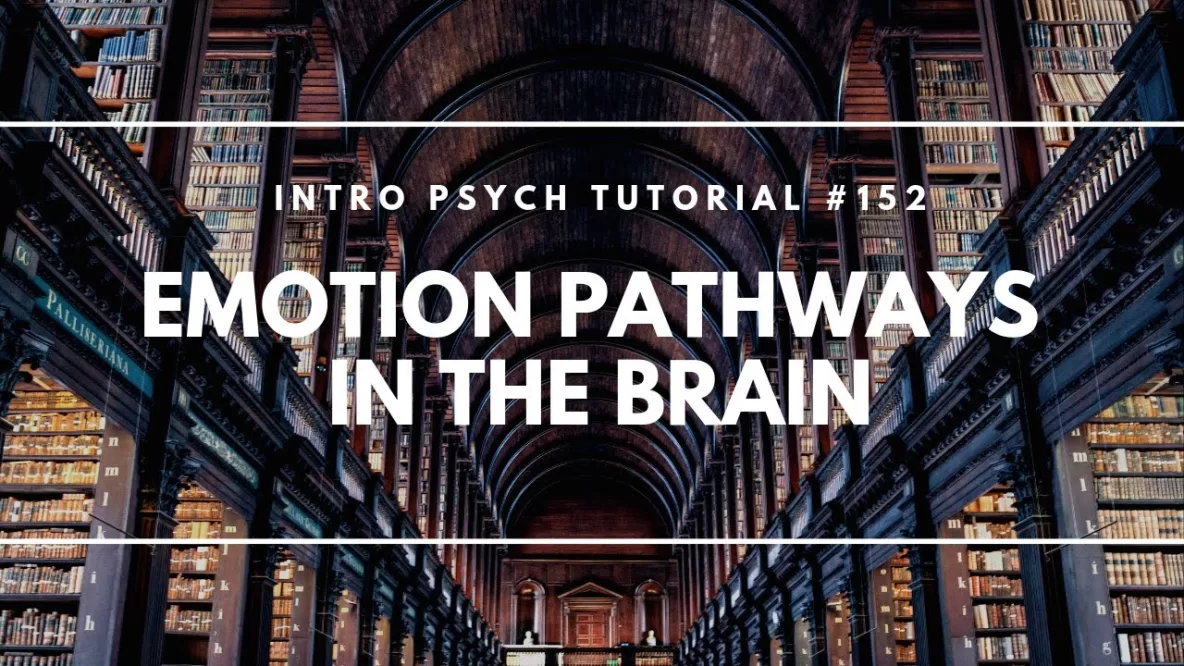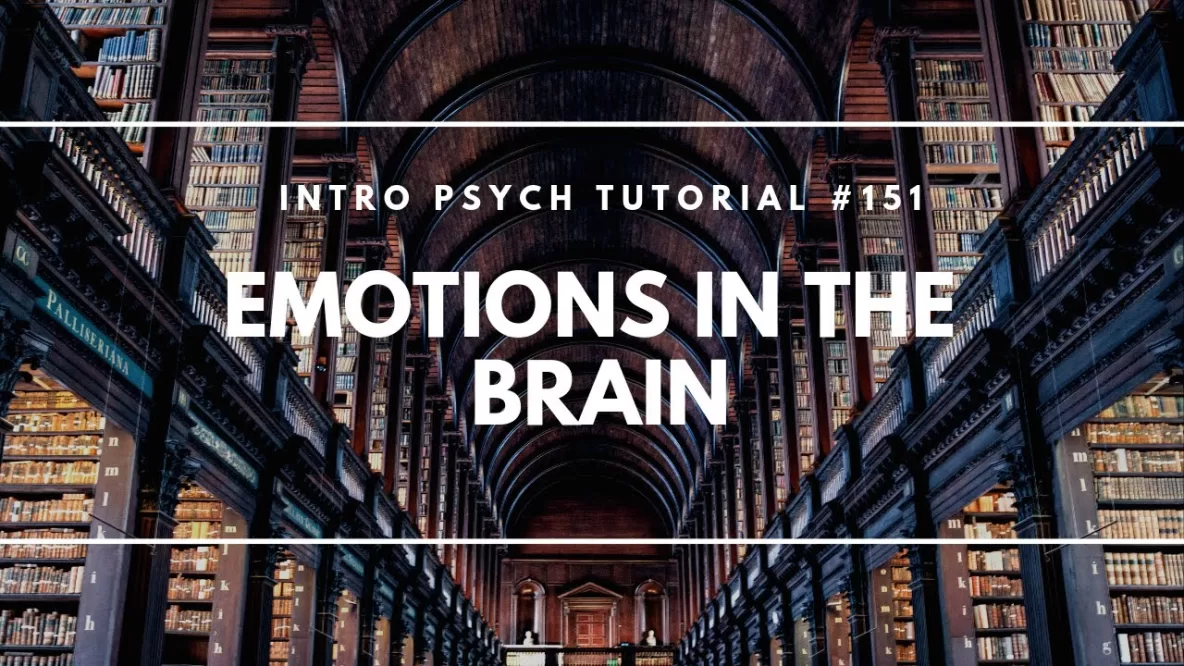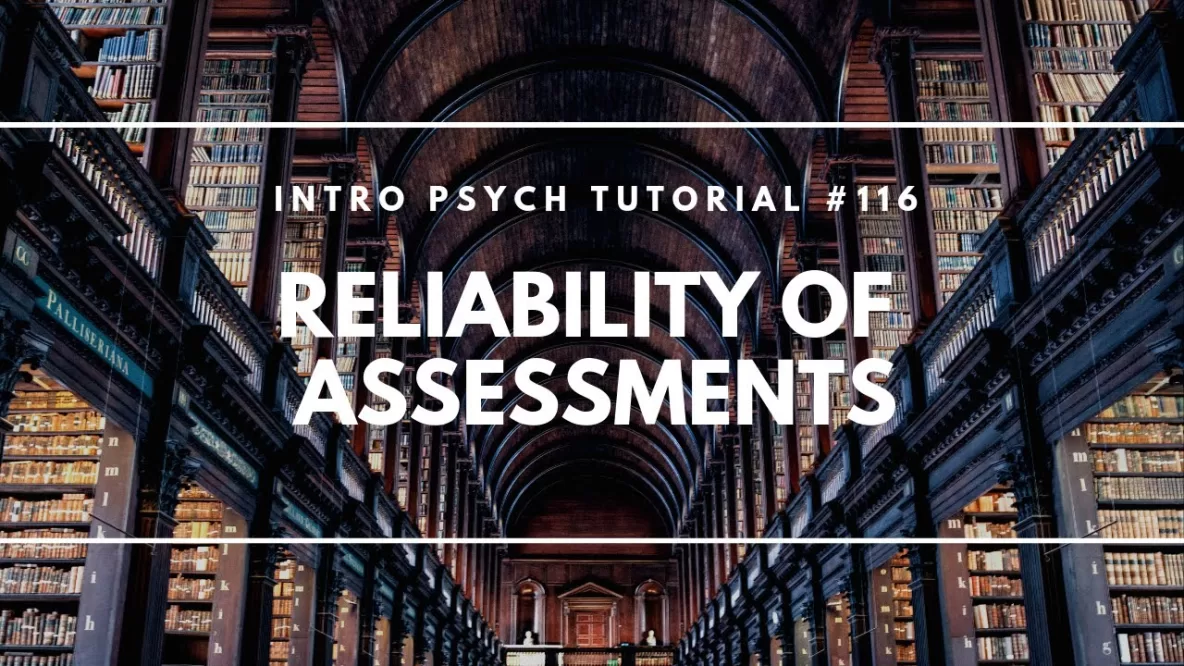In this video I consider evolutionary explanations for the modern struggle with obesity. I describe how obesity is defined using the calculation of body mass index or BMI and consider potential problems with this simple calculation. I also discuss set … Read More
Introduction to Eating Disorders
In this video I introduce 3 eating disorders: bulimia nervosa, binge–eating disorder, and anorexia nervosa. I briefly describe the symptoms of these disorders and how they may arise from complex interactions of biological factors like genes or hormones and environmental … Read More
Hunger Signaling
In this video I describe how hunger is turned on (the orexigenic signal) and off (the anorexigenic signal) and how hormones and other cues influence motivation to eat. The lateral hypothalamus is involved in turning on hunger, while the ventromedial … Read More
Why Do We Have Emotions?
In this video I discuss why we have emotions and how they play a role in our assessments of good and bad, our decision-making, and even our perception. I describe the hedonic principle, Antonio Damasio‘s patient Elliot, and the rare … Read More
The Expression of Emotions
In this video I discuss how emotions are more than just internal states and that we express them to others and also recognize the expressions of others. We communicate our emotional state to others in a number of ways, including … Read More
Emotional Regulation
In this video I discuss the role of the cortex, particularly the frontal lobes, in emotional experience. Cortical involvement in emotions means that we can use cognitive and behavioral strategies in how we respond to emotional stimuli and how we … Read More
Emotion Pathways in the Brain
In this video I describe the two pathways leading to the emotion processing areas of the brain described in the previous video. The fast pathway (or low road) goes to the amygdalae and allows for a quick and dirty emotional … Read More
Emotions in the Brain
In this video I describe two early studies looking at the role of brain structures in emotion processing; work by Heinrich Kluver & Paul Bucy, and James Olds & Peter Milner. These studies helped to identify the role of structures … Read More
Misattribution of Arousal
In this video I explain the idea of misattribution of arousal; when people misinterpret their physiological arousal, which may cause them to mislabel their emotional experience. I explain how this was demonstrated in Schachter & Singer’s study (discussed in the … Read More
Reliability of Assessments
In this video I explain the difference between validity and reliability and then describe several ways of assessing reliability including split-half reliability, test-retest reliability, equivalent-form reliability, and the related concept of standardization. Don’t forget to subscribe to the channel to … Read More

